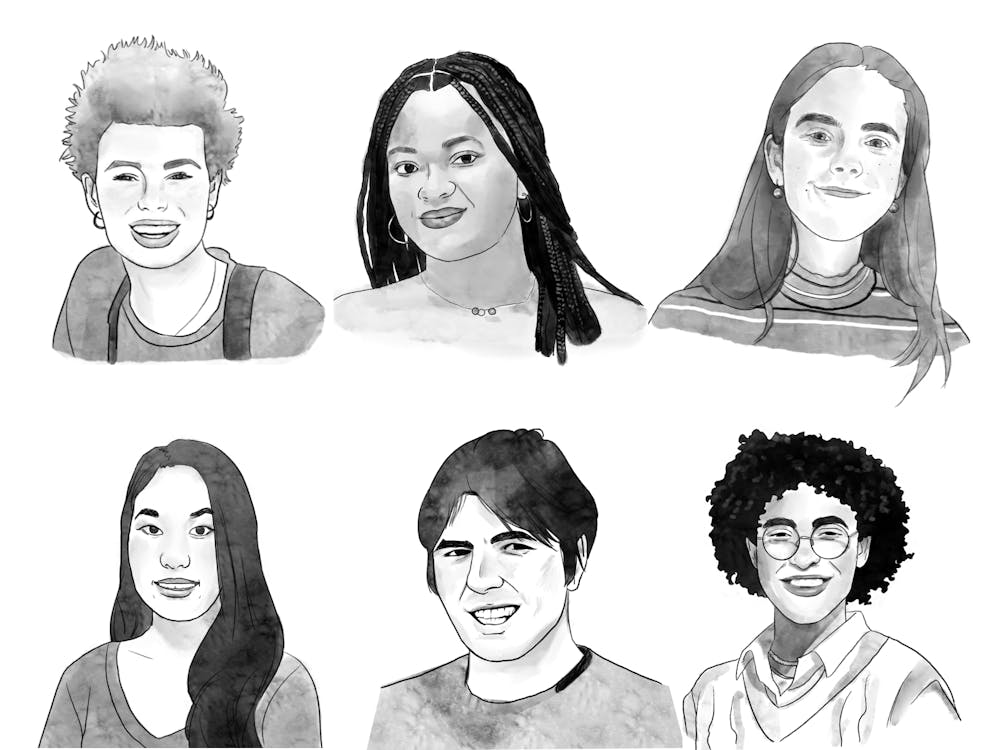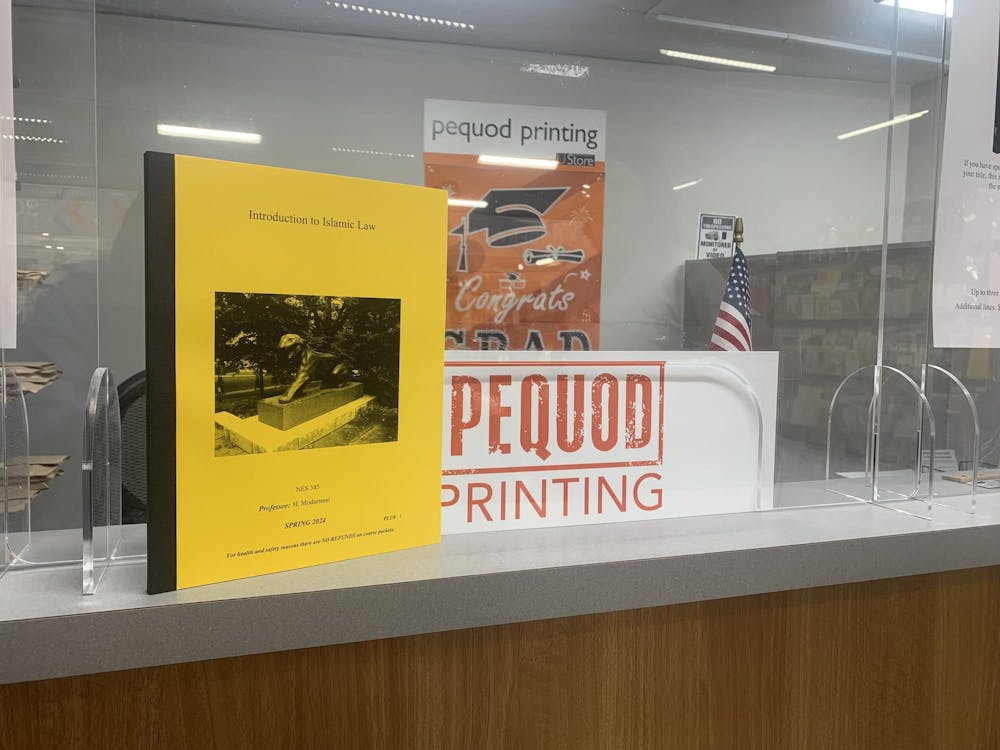More than any before, the column I published two weeks ago, “Study Abroad sucked – you should try it!” attracted deeply personal feedback from friends, acquaintances and strangers. In that column, I told part of the story of my term abroad (if I could fully condense any five months of my life into 800 words, they would not be five months worth writing about). But there are many other stories — stories new friends told me over dinner, stories old friends sent from new homes, stories strangers emailed me and, of course, Prianka Misra’s story, published last week on these very pages.
Prianka told of a positive, re-energizing experience and suggested that those who didn’t anticipate similar experiences perhaps shouldn’t go abroad at all. I found this problematic — for I did not anticipate such a negative experience, nor was that resulting misery the dominant feature of my experience abroad. I emphasized isolating aspects of my story in an explicit attempt to counter the prevailing, over-optimistic narrative — that Study Abroad will be an unmitigated adventure. Many friends — who I thought until then had also had unequivocally amazing experiences abroad — confided in me after reading my column that they, too, had been unpleasantly surprised by periods of their experience which were more isolating slog than adventure.
This does not mean that I or anyone else had entirely negative experiences, nor that the “learning edge” I advocate living in is necessarily a negative setting. Any time you escape your comfort zone is life on the learning edge — from Prianka’s Cape Town taxi escapades and diving with sharks to my adventures in Scottish cuisine (the whiskey is amazing, the haggis… less so). Nor must life on the learning edge be a foreign adventure: a conversation with a libertarian or anarchist or philosophy major on campus can challenge us to learn and grow in an entirely different way than an encounter with mental health demons or sharks or haggis.
Indeed, I learned and grew from many wonderful adventures abroad: the whiskey, haggis and castles, the ancient foreign capitals from Reykjavik to London to Paris, the wonderful people and spirit of my temporary home in Brighton. But there were times I was miserable. And when I was, it was all-consuming. This, too, is life, and it would be a shame not to learn from that as well. And I did. I learned that adapting to a new community does not come easy to me, but that it is something, with intentionality, that I am capable of. I learned how much the friends who supported me — here and abroad — cared for me. I learned little things too, discovering aides to contemplation and inspiration like waves crashing on a rocky beach or live music in Celtic pubs. I would be wrong to say I am grateful for my misery, but I am certainly grateful to know what it taught me, so I can avoid it in the future.
Whether we choose to Study Abroad or not (and we should), similar transitions abound, especially at our age. Life is change. One recently graduated friend who reached out to me after reading my column noted that she was experiencing very similar feelings of isolation in her new job in a new city, another mentioned feeling almost as isolated from changed friends and communities upon her return from her term abroad as she did while there. Similar feelings are a part of freshman year for many, if not all, of us — if you don’t recall feeling that way, just take a glance at Yik Yak. Even sophomore year — with no geographic transition — can start with feelings of listlessness or confusion, as freshman friends and institutional support falls away; the resulting “sophomore slump” is much studied and of significant concern to those charged with encouraging our mental health. It’s not just solitude to embrace and recharge from, its loneliness, and a sense of — in words one friend uttered and many echoed — “I feel like I should have my life figured out by now, but I feel like I’m starting over.”
Prianka may be right about Study Abroad, that “perhaps it isn’t for everyone,” but challenging transitions are something we all must overcome. Why not challenge yourself in the relatively safe context of Study Abroad? I chose to go abroad because I needed a break from the Orange Bubble, not because I knew how it would turn out. Was it the best decision for me? I don’t know. Frankly, I don’t care. I’ve long since learned it’s impossible and unproductive to wonder what the best decision would have been, rather than focusing on bringing good out of the situation I’m in. Am I happy about where I am now? Undoubtedly.
So Study Abroad, have your adventure, find yourself — whether it be in the thrill of a Cape Town sunrise, or in gloomy Britain. Your life is out there — beyond the bubble and your comfort zone, and it will be messy and occasionally painful and wonderful and beautiful.
Bennett McIntosh is a chemistry major from Littleton, Colo. He can be reached at bam2@princeton.edu.









